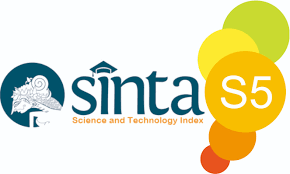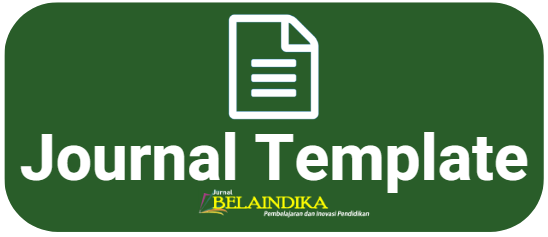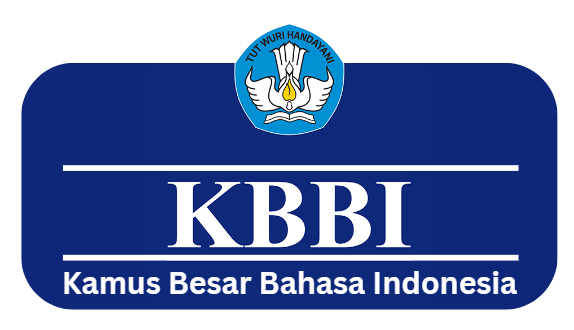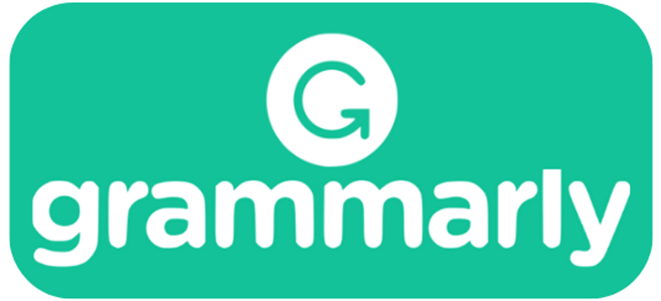The Teacher Challenges in Implementing Educational Evaluation Assessment Standards in the Affective Domain at Pondok Mutiara Quran Putri Wonogiri
Abstract
Teacher challenges in implementing educational evaluation assessment standards in the affective domain is an important issue that needs attention. This study aims to determine how teachers implement educational evaluation standards in the affective realm at Pondok Mutiara Quran Putri Wonogiri. This research method uses qualitative descriptive analysis with a phenomenological approach so as to produce data conclusions to answer problems related to this title. The results of this study show that some of the difficulties faced by teachers in implementing educational evaluation assessment standards. Efforts to improve the implementation of affective education evaluation assessment standards include comprehensive approaches, such as teacher skill development, awareness raising about authentic assessment, and training on data collection techniques
References
[2] D. Hasil, B. Kurikulum, and D. I. Sdn, “M a s l i q,” vol. 3, no. September 2023, pp. 840–857, 2013.
[3] E. O. Nur’alimah, M. E. Hadiana, and H. Basri, “Tantangan Guru dalam Mengimplementasikan Standar Penilaian dalam Mencapai Evaluasi Pendidikan Islam,” MUKADIMAH J. Pendidikan, Sejarah, dan Ilmu-ilmu Sos., vol. 4, no. 2, pp. 86–92, 2020, doi: 10.30743/mkd.v4i2.2606.
[4] Y. Zuhera, “KENDALA GURU DALAM MEMBERIKAN PENILAIAN TERHADAP SIKAP SISWA DALAM PROSESPEMBELAJARAN BERDASARKAN KURIKULUM 2013 DI SD NEGERI 14 BANDA ACEH Yuni Zuhera, Sy. Habibah, Mislinawati,” J. Ilm. Pendidik. Guru Sekol. Dasar, vol. 2, pp. 73–87, 2017.
[5] D. A. A. M.Ag and N. L. Inayati, Pengembangan Evaluasi Pendidikan Agama Islam(PAI), 1st ed. Surakarta: Muhamadiyah University Press, 2019.
[6] B. AH, “Pengukuran Ranah Afektif Mata Pelajaran PAI Dalam Penlitian Berbasis Kelas,” J. Pelangi Ilmu, vol. 2, no. 5, p. 120, 2009.
[7] F. Ismail, Inovasi evaluasi hasil belajar pendidikan agama islam (model-model penilaian berbasis afektif), 02 ed., vol. XVIII, no. 02. 2013.
[8] E. Kuusisto, “education sciences The Challenge of Educating Purposeful Teachers in Finland,” pp. 1–11, 2021.
[9] N. Bloom and J. Van Reenen, “studi prosedur penilaian domain afektif oleh guru pai di smp negeri 2 bandung dan smp salman al-farisi bandung,” NBER Work. Pap., vol. 6, no. 2, p. 89, 2013, doi: 10.17509/t.v6i2.
[10] K. Handtke and S. Bögeholz, “education sciences The Challenge to Link Biology , Chemistry , and Physics : Results of a Longitudinal Study on Self-Rated Content Knowledge,” 2022.
[11] R. H. D. Ramadhani and Z. H. Ramadan, “Implementasi Penilaian Ranah Sikap dalam Kurikulum 2013 pada Mata Pelajaran Pendidikan Agama Islam di Sekolah Dasar,” Mimb. PGSD Undiksha, vol. 10, no. 1, pp. 17–25, 2022, doi: 10.23887/jjpgsd.v10i1.42804.
[12] H. C. Darong, E. M. Niman, and F. Nendi, “Implementasi Penilaian Otentik oleh Guru Bahasa Inggris di Flores Implementation of Authentic Assessment by English Teachers in,” vol. 7, pp. 65–77, 2022, doi: 10.24832/jpnk.v7i1.2639.
[13] W. E.S, “Persepsi Guru PAI dan Praktek Penilaian Sikap pada Kurikulum 2006 dan Kurikulum 2013 Studi Kasus di SMP Negeri Kecamatan Turi dan Sleman,” J. Stud. Islam, vol. 2, 2018.
[14] S. Hajaroh, U. Islam, and N. Mataram, “KESULITAN GURU DALAM MENGIMPLEMENTASIKAN,” vol. 10, no. 2, pp. 131–152, 2018.
[15] P. . Agistinus Bandur, Penelitian Kualitatif Studi Multi-Disiplin Keilmuwan dengan NVivo 12 Plus.
[16] J. . Cresswell, Research Design Pendekatan Kualitatif,Kuantitatif, dan Mixed-Edisi Ketiga. 2013.
[17] A. U, “Evaluasi Pelaksanaan Penilaian Autentik Kurikulum 2013,” J. Pendidik. Madrasah, vol. 1, p. 1, 2013.
[18] Sa’adah, E.N.L, and S. D, “Pengembangan Instrumen Penilaian Sikap dan Keterampilan Psikomotorik pada Materi Elektrokimia,” J. Pendidik., vol. 3, p. 8, 2018.
[19] R. F.O, Analisis Kemampuan Siswa Kelas X pada Ranah Kognitif, Afektif dan Psikomotorik, vol. 1. 2015.
[20] M. Asrori, “Pengertian, tujuan dan ruang lingkup strategi pembelajaran,” Madrasah, no. 50, pp. 163–188, 2013.
Copyright (c) 2024 Jurnal BELAINDIKA (Pembelajaran dan Inovasi Pendidikan)

This work is licensed under a Creative Commons Attribution-ShareAlike 4.0 International License.

_page-0001_-_Copy11.jpg)






